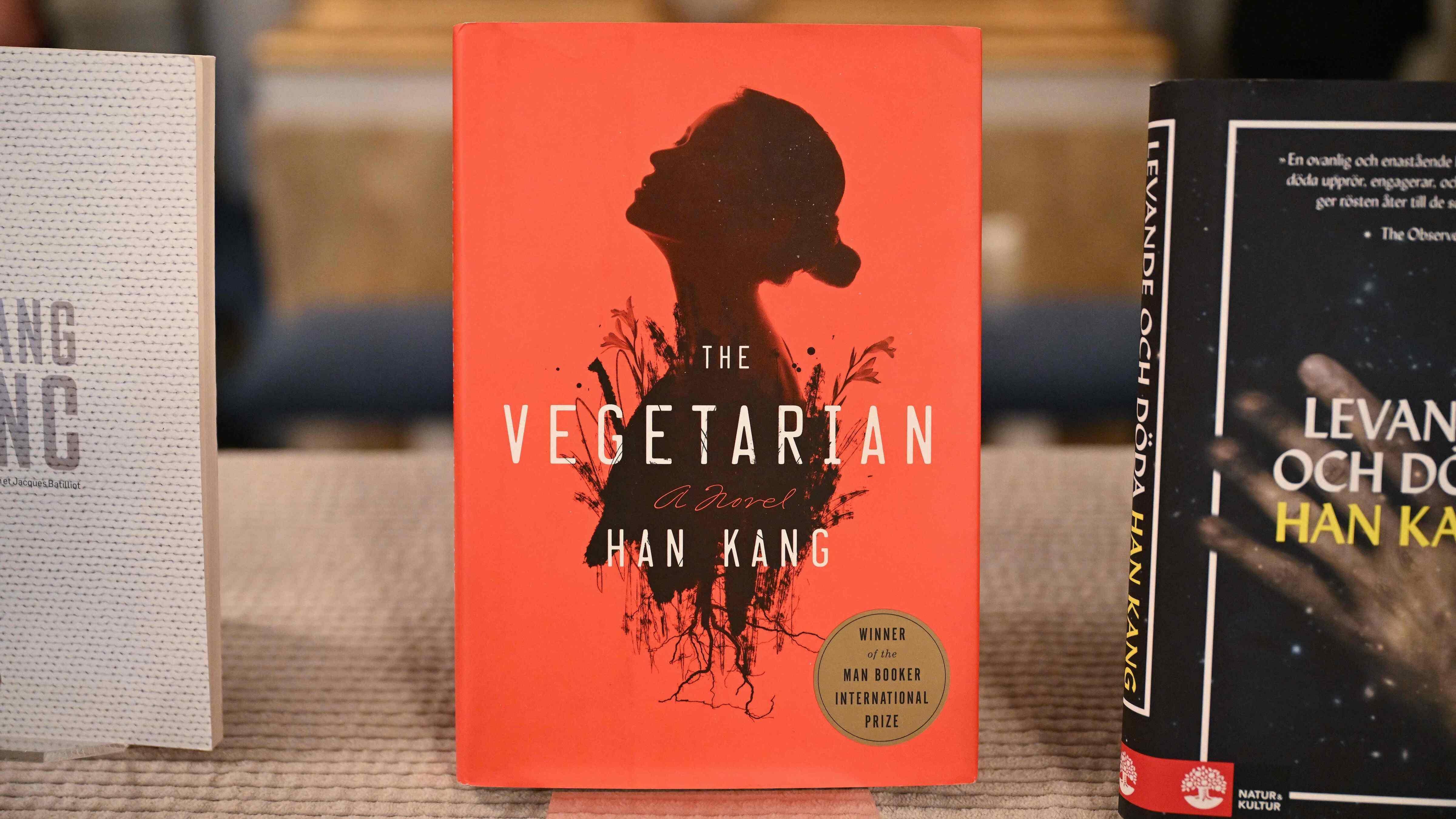
The Nobel Prize in literature was awarded on Oct. 10 to South Korean author Han Kang for what the Nobel committee called “her intense poetic prose that confronts historical traumas and exposes the fragility of human life.”
Han becomes the first South Korean writer to win the Nobel literature prize.
Nobel committee chairman Anders Olsson praised Han’s “physical empathy for the vulnerable, often female lives” of her characters.
He said her work “confronts historical traumas and in each of her works exposes the fragility of human life. She has a unique awareness of the connections between body and soul, the living and the dead, and in a poetic and experimental style, has become an innovator in contemporary prose.”
Han, 53, won the International Booker Prize in 2016 for “The Vegetarian,” an unsettling novel in which a woman’s decision to stop eating meat has devastating consequences.
At the time of winning that award, Han said writing novels “is a way of questioning for me.”
“I just try to complete my questions through the process of my writing and I try to stay in the questions, sometimes painful, sometimes - well - sometimes demanding,” she said.
With “The Vegetarian,” she said, “I wanted to question about being human and I wanted to describe a woman who desperately didn’t want to belong to the human race any longer and desperately wanted to reject being human, [humans] who commit such violence."
Her novel “Human Acts” was an International Booker Prize finalist in 2018.
Olsson, the committee chair, called “Human Acts” a work of “witness literature.” It is based on the real-life killing of pro-democracy protesters in Han’s home city of Gwangju in 1980.
The literature prize has long faced criticism that it is too focused on European and North American writers of style-heavy, story-light prose. It has also been male-dominated, with just 17 women among its 119 laureates until this year's award. The last woman to win was Annie Ernaux of France, in 2022.